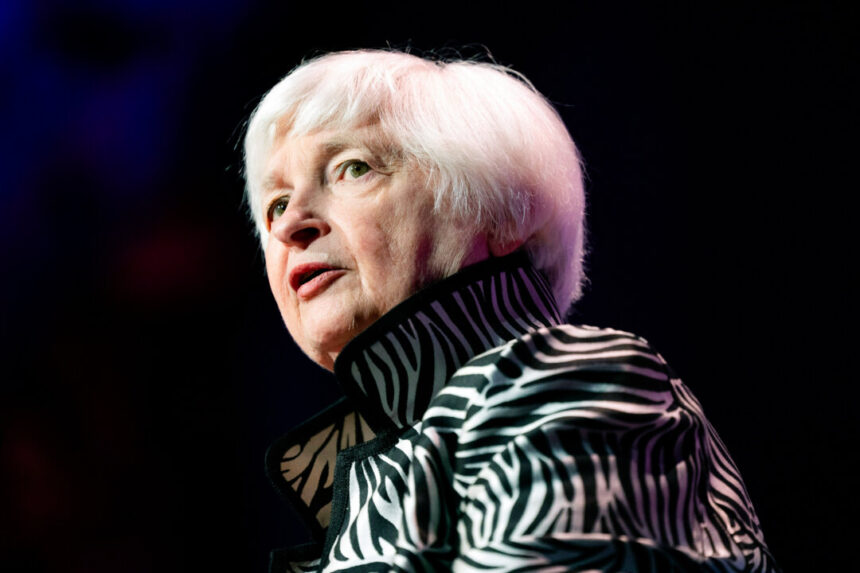Last week, inflation numbers were released, and the mainstream media finally provided some honest commentary on the issue. The Wall Street Journal noted that “growing inflation poses challenges for the Fed,” while The New York Times mentioned that “progress on inflation stalled, complicating Republicans’ plans.” This is a stark contrast to the previous narrative of inflation being “transitory,” as stated by Janet Yellen four years ago.
The annualized increase of 2.7 percent in inflation is concerning, especially since it exceeds the target rate. Real-time numbers have been indicating a gradual increase in inflation over the past three months, with the current rate at 3 percent annually. This trend has led to a significant loss of purchasing power for goods and services, particularly affecting the working class and poor.
It seems that the acknowledgment of the inflation issue has only surfaced now that it may become a problem for the incoming Trump administration. While presidents typically prefer lower interest rates to boost economic growth, this can exacerbate inflationary pressures. The dilemma of balancing economic growth with inflation control has plagued previous administrations, with no easy solutions in sight.
The Federal Reserve, responsible for controlling inflation, is facing a tough decision on whether to continue rate-cutting measures or risk backlash from the new administration. The lack of a clear strategy from Fed Chairman Jerome Powell adds to the uncertainty surrounding future policy decisions.
One potential solution to dampen inflation could be dramatic spending cuts in the federal budget, reducing the pressure on the Federal Reserve to support dollar-denominated debt. However, implementing such cuts on a scale of $2 trillion would be unprecedented and challenging.
Overall, the current economic landscape presents a complex situation for the incoming Trump administration, as it navigates the delicate balance between economic growth and inflation control. Is the public sufficiently concerned about the fiscal crisis to withstand significant cuts in public services? It is inevitable that such cuts will have a noticeable impact. The media and government agencies will likely exaggerate the potential consequences, citing threats to vulnerable populations, delays in services, and reductions in staffing at public sites. It is important for DOGE to be prepared to challenge this fear-mongering and recognize the need for honesty in economic discussions.
We must acknowledge that tackling the inflation crisis will require some sacrifices and a period of economic hardship. While it may be difficult to discuss, it is necessary for long-term stability. The expectation that the new Trump administration will have a quick fix for complex economic issues is unrealistic. Economic success requires tough decisions and a willingness to endure some discomfort before progress can be made.
Economic growth is achievable, but it requires careful planning and accountability. The optimism surrounding political changes should not overshadow the need for responsible choices. Looking back at Reagan’s presidency in 1981 can provide valuable lessons for the current administration. It is essential to prioritize realistic solutions over short-term gains.
Please note that the views expressed in this article are the author’s own and may not reflect those of The Epoch Times.
Source link



